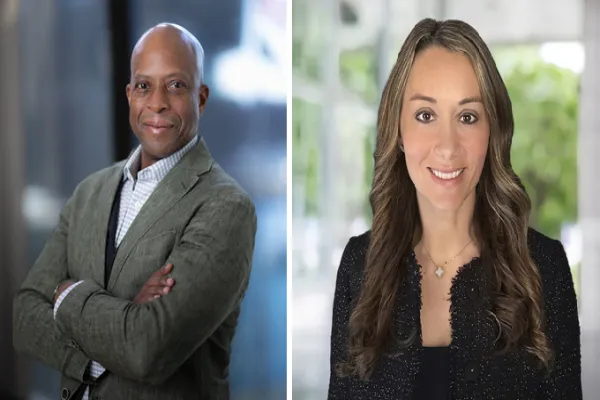Tom Lee's departure last month from the Boston private equity firm that bears his name wasn't as sudden as it seemed. (He decided to leave the partnership to launch another investment firm.) The separation has been in the works since 1999, when Putnam Investments bought 25 percent of Thomas H. Lee Partners, which Lee founded 31 years ago using a $150,000 inheritance as seed money.
At the time of the Putnam deal, Lee agreed to stay on for five more years, but the buyout shop also decided then that he would play no part in raising or sourcing investments for its sixth fund, which it hopes to close later this year, according to Scott Sperling, one of the three senior partners currently running the firm. In 2003, Lee named three co-presidents to take over day-to-day operations: Scott Schoen, now 47, who joined in 1986 from Goldman Sachs; Anthony DiNovi, 43, who followed Schoen from Goldman in 1988; and Sperling, 48, who joined in 1994 from Harvard Management Co.
Lee, in the meantime, moved to New York and devoted more time to managing his own money through a holding company, Thomas H. Lee Capital. He also launched a fund of hedge funds, Blue Star, with assets from senior Lee partners.
News accounts of Lee's exit suggest that he will seek to raise a giant buyout fund and compete against his old partners for the biggest corporate acquisitions. But people close to him say the private equity pioneer is more likely to return to his roots by raising a smaller pot of money and pursuing middle-market deals. In 1994, for instance, Lee cemented his reputation by selling soft-drink maker Snapple, which he'd bought two years earlier for $135 million, to Quaker Oats for an eye-popping $1.7 billion. Even with a relatively modest war chest of between $1 billion and $2 billion, sources say, Lee would still have the flexibility to take part in slightly bigger deals that often involve several firms teaming up to buy a company.
Lee, 61, strongly denies reports that his departure is acrimonious. "Our parting is friendly, and I am sure will portend years of joint and co-operative investment activities," he wrote in an e-mail to employees before the holidays. "The truth is we are all close friends."
He declines to discuss his plans but acknowledges that he isn't ruling out much in terms of fundraising. "Watch this space -- I'm excited about the future," he tells Institutional Investor, without elaborating.
Does Lee's professed friendship with his former partners mean they'll let him take his name with him? Probably not, according to Sperling. "The firm has no plans to change the name," he says. "It transcends the individual."





